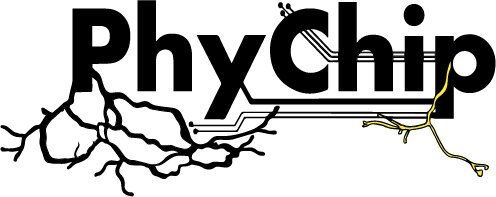The PhyChip team were pleased to have been awarded best paper at the Bio-inspired Information and Communication Technologies 8th International Conference which was held in Massachusetts, USA, in December 2014.
The paper, titled ‘Bio-Inspired Game Theory: The Case of Physarum Polycephalum’ was authored by Andrew Schumann (Rzeszow), Krzysztof Pancerz (Rzeszow), Andrew Adamatzky (UWE) and Martin Grube (Graz).
http://bionetics.org/2014/show/exhibit-and-demo
Abstract
In this paper, first, we show that the true slime mould (plasmodial stage of Physarum polycephalum) is a natural transition system which can be considered a biological model for concurrent games, i.e. it can simulate the game semantics in the form of concurrent games. Second, we extend the notion of concurrent games to context-based games and show that this new form of games is a game semantics that is more suitable for the implementation multi-agent games in the slime mould behavior. The notion of context-based games as strong extension of concurrent games is introduced for the first time. Games on the medium of one-cell organism are defined for the first time, too. In context-based games, we appeal to the following game-theoretic assumptions: (i) each game can be assumed infinite, because its rules can change; (ii) players can change their strategies and the set of actions is infinite for each player; (iii) resistance points for players are reduced to the payoffs if all actions are well-founded; (iv) for any game there is performative efficiency, when hybrid actions of players belong to the interval of expected modifications. Logic circuits on the medium of slime mould can be designed in the form of context-based games.
